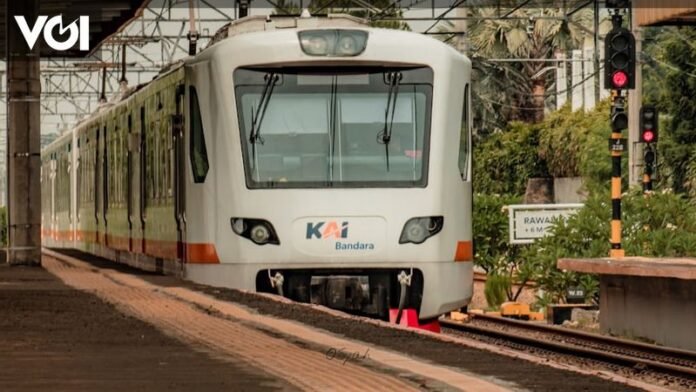The Rising Threat of Cyberattacks on Indonesia’s Transportation Sector
In an era where digitalization is rapidly transforming industries, the threat of cyberattacks looms larger than ever, particularly in critical sectors such as transportation. Check Point Software Technologies, a leading company specializing in cyberattack detection and prevention through Artificial Intelligence (AI), has raised alarms about the vulnerabilities facing Indonesia’s transportation infrastructure. With the nation pushing for increased digitalization, the need for robust cybersecurity measures has never been more pressing.
The Impact of Ransomware Attacks
Earlier this year, Indonesia faced a significant cyber threat when ransomware attacks disrupted over 210 public services, including vital systems like immigration at airports. This incident highlighted the fragility of public infrastructure in the face of cyber threats. The Temporary National Data Center (PDSN) reported these disruptions, underscoring the potential for chaos when cybercriminals target essential services.
Transportation: The Most Affected Sector
According to Check Point’s Threat Intelligence, the transportation industry has emerged as the most targeted sector in Indonesia. Over the past six months, organizations within this sector have experienced an alarming average of 11,548 weekly cyberattacks. This statistic serves as a wake-up call for stakeholders in the transportation industry, emphasizing the urgent need for enhanced cybersecurity protocols.
The Consequences of Cyberattacks
Teong Eng Guan, Director of Southeast Asia Regional and Korea’s Check Point Software Technologies, articulated the severe implications of successful cyberattacks on transportation systems. Such breaches could cripple critical operations, jeopardize the safety of both staff and passengers, and compromise sensitive data. The potential fallout from these attacks could disrupt economic stability and erode public trust in essential services.
The Threat of DDoS Attacks
One of the most concerning types of cyber threats is Distributed Denial of Service (DDoS) attacks, which can incapacitate online services. Teong noted that public transportation systems, including trains and airports, are particularly vulnerable to such attacks, especially in regions experiencing geopolitical tensions or where hacking groups are active. The ramifications of a DDoS attack could be catastrophic, leading to significant delays, loss of revenue, and a compromised safety environment.
The Need for Stronger Cybersecurity Measures
The increasing sophistication of cyberattacks, fueled by advancements in AI and the Internet of Things (IoT), necessitates a proactive approach to cybersecurity in the transportation sector. Teong emphasized that the potential for cybercriminals to exploit vulnerabilities in industries related to mining and oil further underscores the urgent need for robust cybersecurity measures. As Indonesia continues to embrace digitalization, the security of its infrastructure must be prioritized to safeguard against these evolving threats.
Collaborative Efforts for Enhanced Security
To combat the rising tide of cyber threats, policymakers must foster collaboration with both local and global technology companies. This partnership can facilitate the sharing of knowledge, resources, and best practices in cybersecurity. Additionally, training and awareness programs are essential to equip employees with the skills needed to recognize and respond to phishing attempts and other cyber threats.
Conclusion
As Indonesia navigates the complexities of digital transformation, the transportation sector stands at a critical juncture. The alarming frequency of cyberattacks serves as a stark reminder of the vulnerabilities inherent in an increasingly interconnected world. By prioritizing cybersecurity and fostering collaboration among stakeholders, Indonesia can bolster its defenses against cyber threats, ensuring the safety and reliability of its transportation infrastructure for years to come.
In this digital age, the importance of safeguarding critical systems cannot be overstated. The future of Indonesia’s transportation sector depends on its ability to adapt and respond to the ever-evolving landscape of cyber threats.

